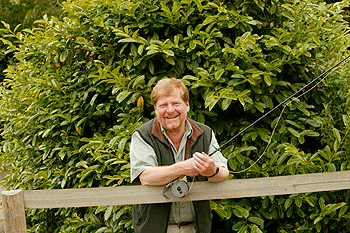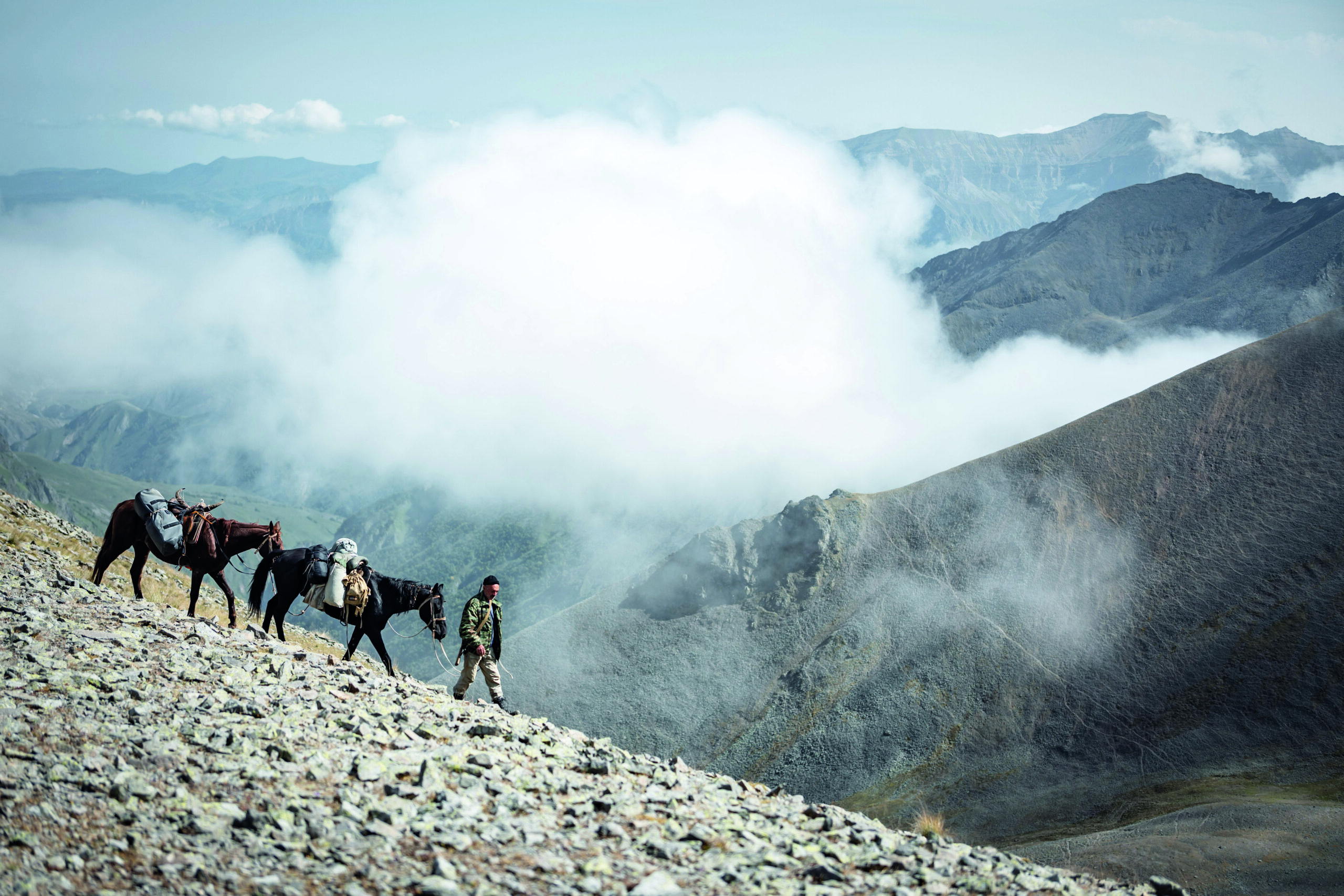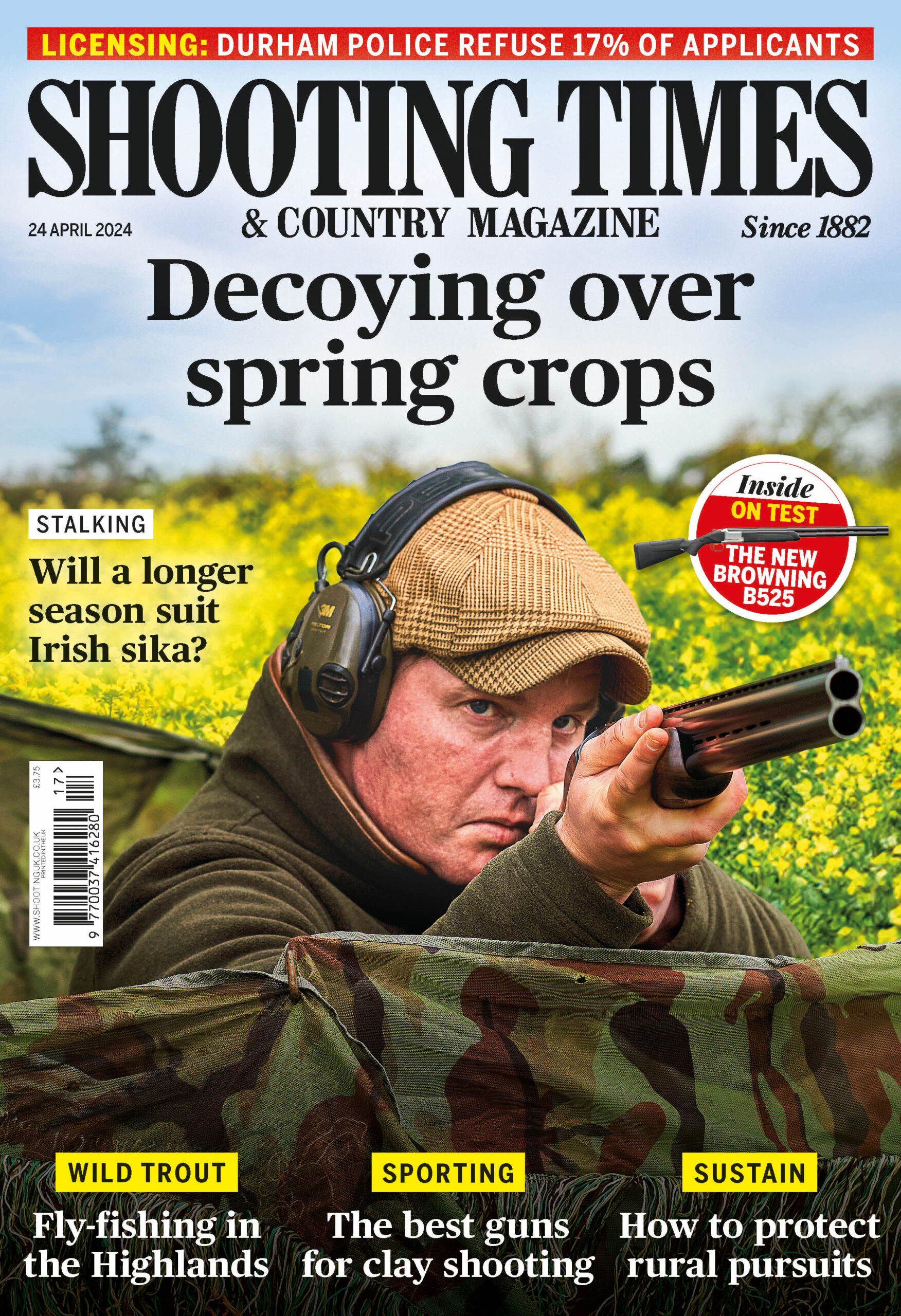Gamekeeper: Introducing youngsters to fieldsports

“Daddy,” I remember my son Stuart saying, as he leaned out of the truck window and waved a stick as his imaginary gun, “I have shooted three deer.” At three years old, he loved to ride around the shoot with me while I filled hoppers, and he already knew rabbits from hares, pheasants from partridges, and rooks from crows. He could also recognise kestrels, buzzards, barn owls, yellowhammers and quite a lot more. Today, now that he is nearly 10, Stuart has to be persuaded to come out, but his younger brother Peter is still pretty keen to join me on the rounds. Last week, Peter was excited that we had caught a crow in a Larsen trap, and even more so when we found a stoat in a fen.
I have come to the conclusion that it is best not to push my boys into coming with me if they do not want to. There are, of course, odd occasions when something needs doing and their mother is out, so they have to come with me, but if that happens, I always try to add an item of extra interest to the routine stuff — checking the progress of the tadpoles in the pond, for example.
However, I am convinced that too much involvement too early is counterproductive. In introducing youngsters to fieldsports, we steer a fine line, and it is easy to stray. Making it too easy can lead them to develop an attitude of “been there, done that”. On the other hand, a bit of early success is valuable, and we must remember the potential for boredom to set in if there is a lack of results.
At the same time, it is essential to recognise that youngsters’ attention spans may not be great. This was brought home to me by my godson, Rupert, when he was eight. His father was away sailing, and his mother and big sister were preoccupied with pony club stuff, so I thought an afternoon’s fishing was in order. I popped a worm on the end of the fly tackle, tossed it into a quiet corner, and within an hour Rupert had landed a brace-and-a-half of rainbow trout and an edible perch to go with them.
We then sat on the riverbank and ate cupcakes and drank lemonade before taking the fish home in triumph. Rupert seemed happy, and his mother was delighted with the fi sh. She even took his order to cook the perch for his supper well! I thought I had judged it right, but it seemed it was perhaps all a bit much for an eight-year-old, as the thank-you note he sent me was more about the cupcakes than the fishing!
Hooked on fishing
I guess that I must have been a little older than Rupert when I started fishing, and it was an activity with friends rather than something that my father introduced me to. Whatever, the start was clearly successful enough, because I’m still hooked half a century later. My boys are both keen too, and there has been a particular joy in sharing the pleasure of watching a float slide under with Stuart.
However, I think that it is best to wait for slightly greater maturity before starting our young with shooting. When I wanted a .410 at the age of about 11, my father was emphatic in saying no. He explained that it had just a “teaspoon” of shot compared with the “tablespoon” thrown by his 12-bore, and that I was best off to wait till I was bigger. I ended up with a light 12-bore with what amounted to 20-bore loads when I turned 14 years old.
This certainly meant that I was equipped to kill reasonably successfully from the start, and my father also encouraged the development of a bit of cunning. If I were able to creep round a corner and shoot a sitting bunny, it might not be much of a test of marksmanship, but I was developing fieldcraft. I will also be eternally grateful that my father had the patience to let me shoot and miss my share. The contrast with one of his friends who could not resist shooting first was dramatic, and I remember the bang, bang, pop that meant that young John had seen yet another chance for his .410 spoiled by his father.
Pocket money was a good driver for me too, and joining the beating line came well before I was old enough to shoot. I clearly remember the first pay packet — 15 shillings — because it was much more than my weekly allowance. The other great joy was that I was being taught by others while my father was off picking-up. I will long remember his instruction as we drove to my first-ever day. “Keep your eyes and ears open, and your mouth closed,” he said, “and stay in line, halfway between your neighbours.” It was good advice that many a beater could usefully listen to today.








